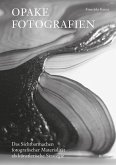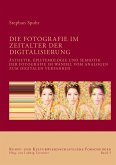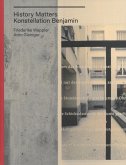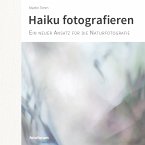If a political-critical function is ascribed to art, the question of its usefulness arises, i.e. its specific applicability. Can works of art serve as suitable media to implement, for example, ecological or social goals? Can artistic interventions and artifacts contribute to solving real problems? Using current examples, Larissa Kikol's essay argues for breaking free from the symbolic realm. She makes the case for a practical "utilization" of art - thus taking Beuys's theory of a social sculpture a step further. Larissa Kikol (*1986) studied at Kunsthochschule Berlin-Weißensee and earned her doctorate in art history at Karlsruhe University of Arts and Design. She works as a freelance art critic, writer, and publicist, e.g. for Kunstforum International, Die Zeit, art, or Monopol Online. This book is published as the first volume of a new publication series by LaB K. The Landesbüro für Bildende Kunst, which is part of Kunsthaus NRW, provides an information and discussion platform: it aims to act as an intermediary between artists, the state administration, and cultural policy.








